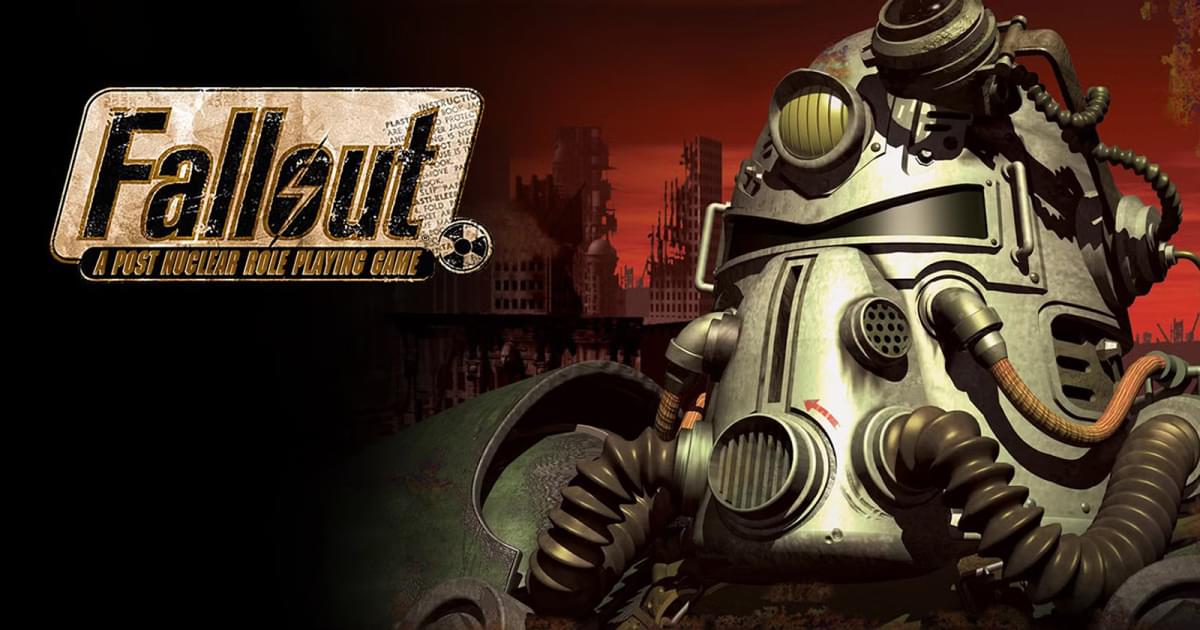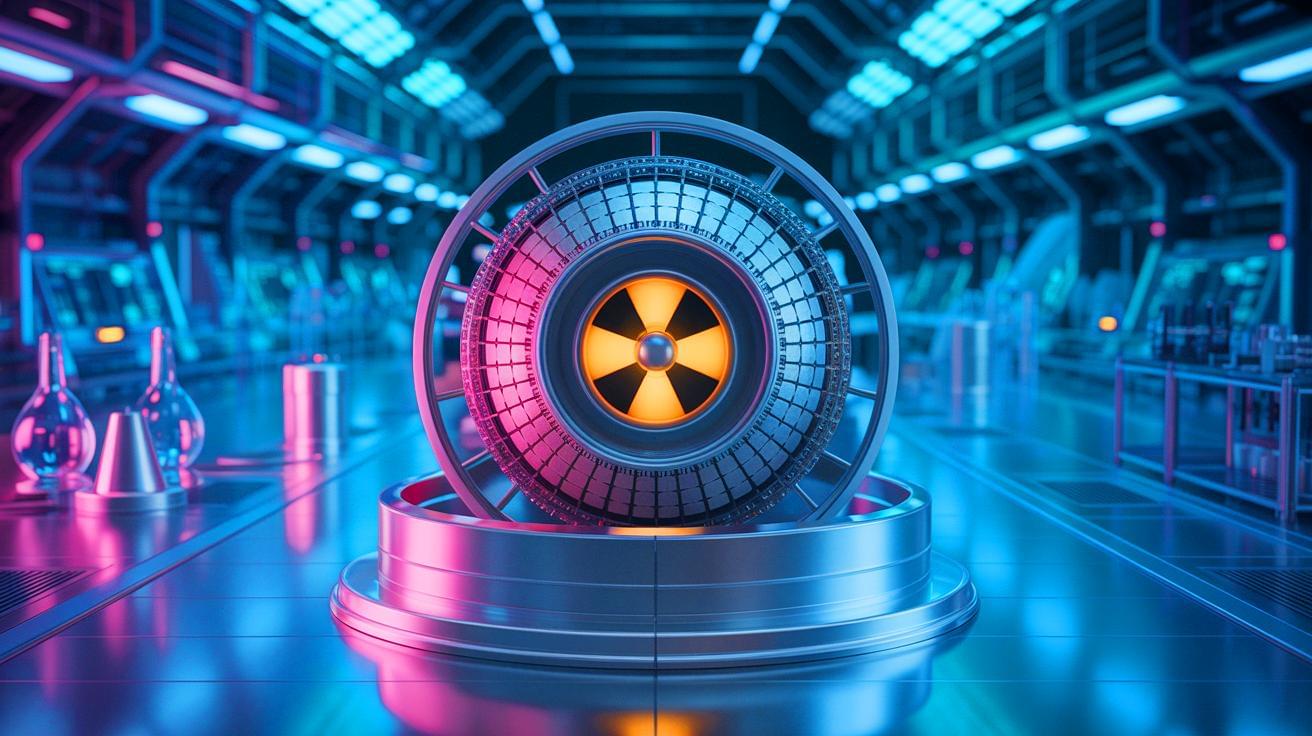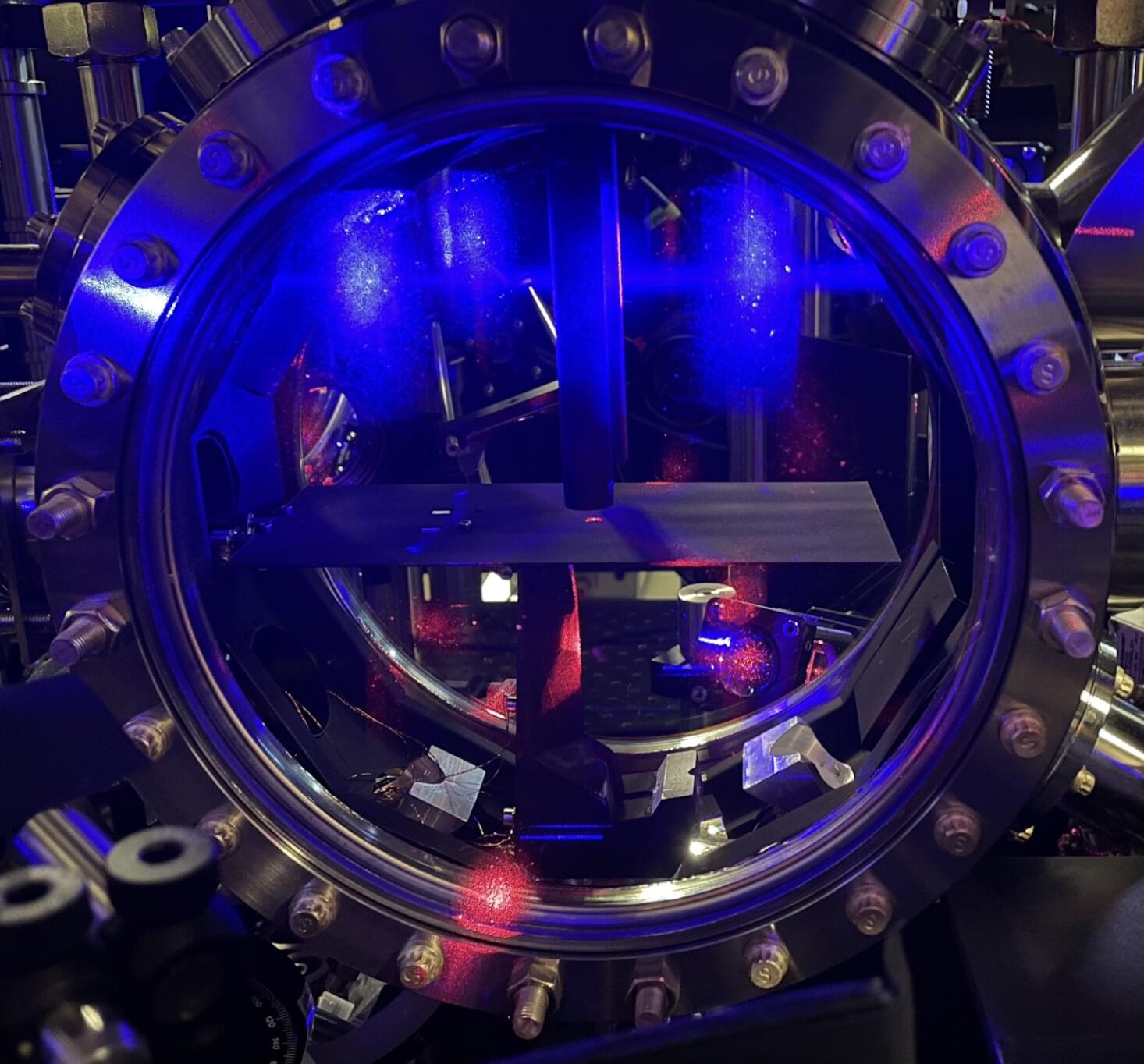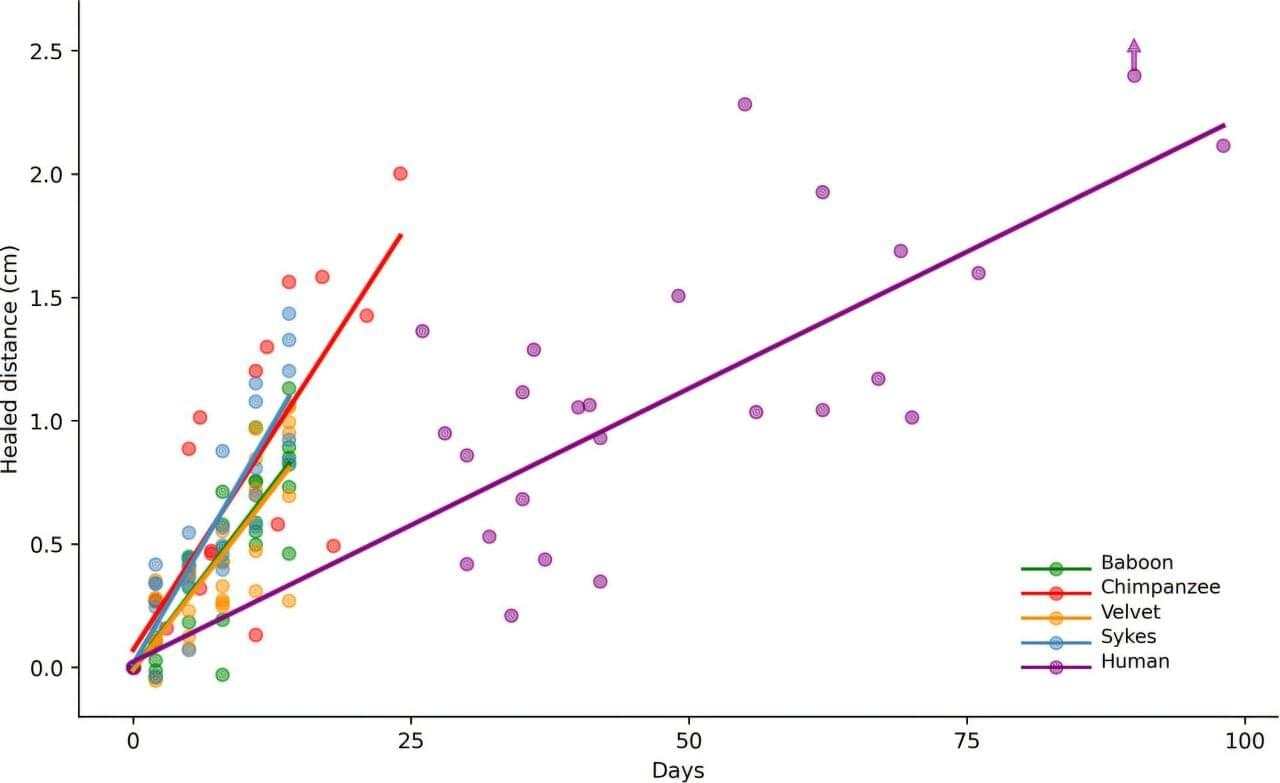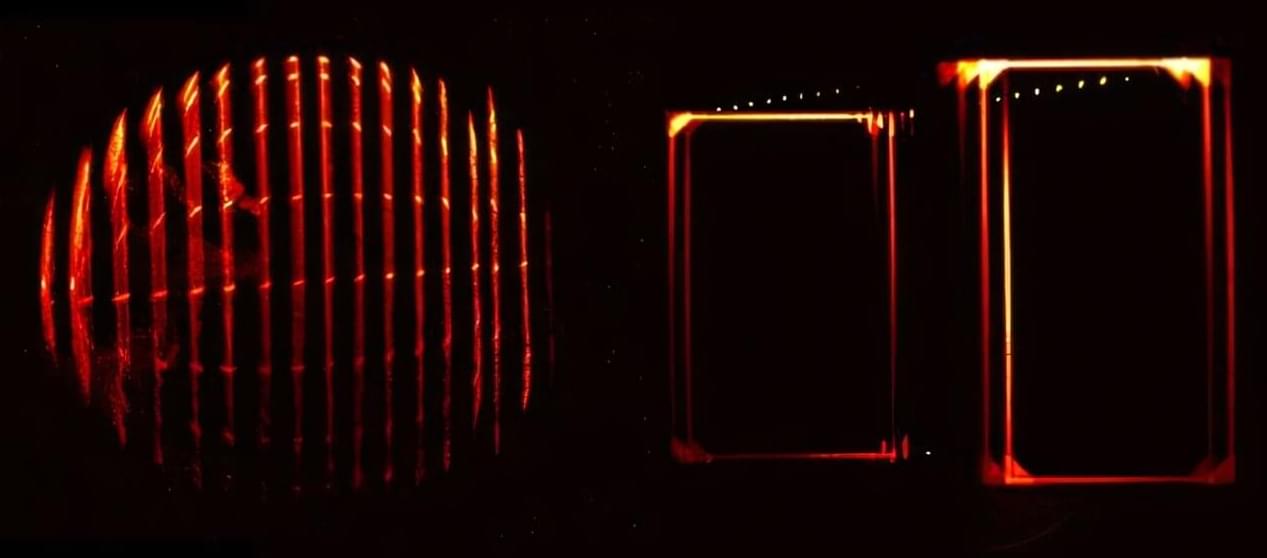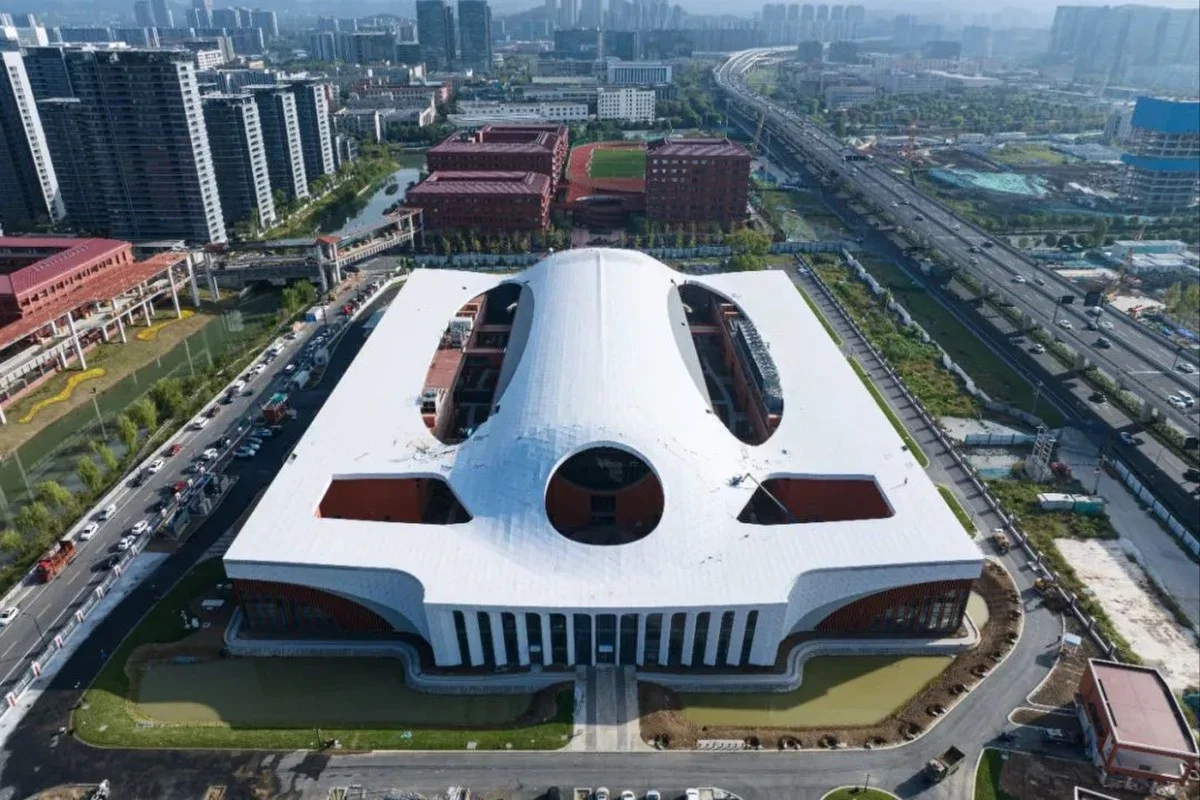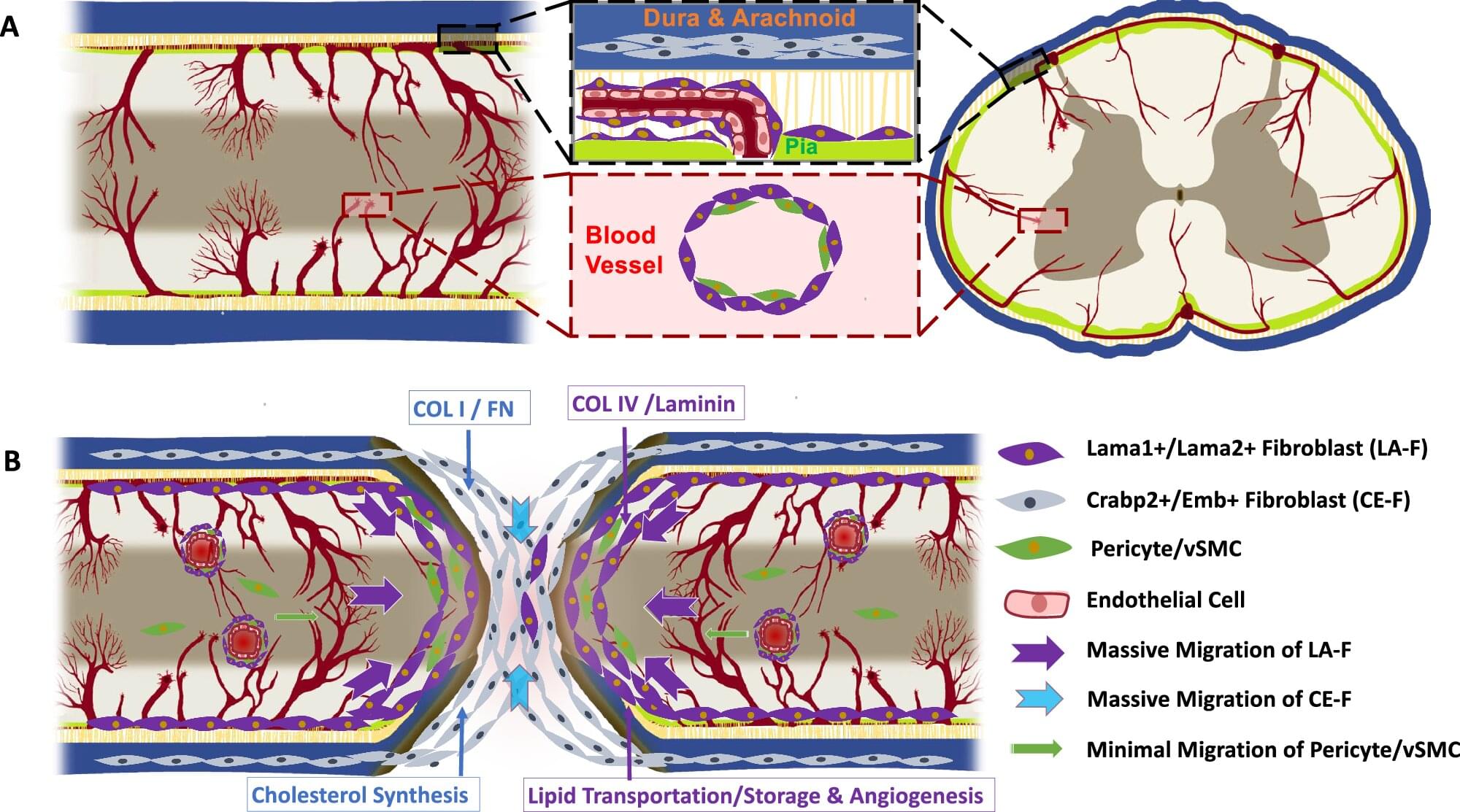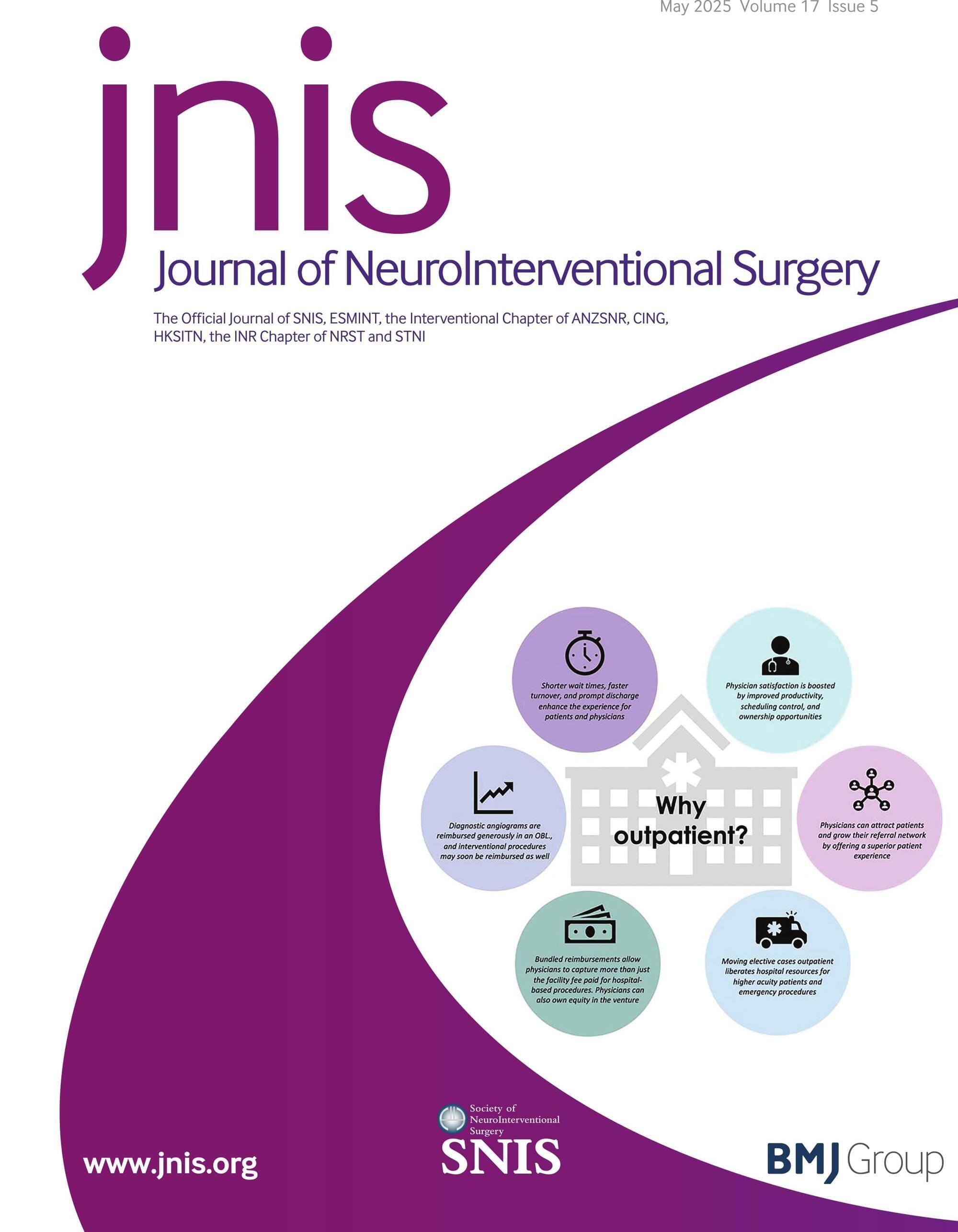Thin film solar cells can be integrated into unexpected surfaces, such as building facades, windows, or the growing floating solar market. Thin film’s flexibility opens doors to new applications and helps overcome some of the barriers that have long limited the adoption of solar energy.
A lot of the interest in thin film solar technologies is coming from one company, based right in the heart of the UK: Power Roll. The County Durham-based firm has spent years exploring how to make thin, flexible solar cells that can be applied almost anywhere and has recently been hitting major milestones in commercialising the technology in an effort to get it out across the world.
Solar Power Portal sat down with Power Roll CEO Neil Spann to explore how thin film solar could deliver the government’s promised “rooftop revolution” and how Power Roll’s unique manufacturing process can make solar power a cheap reality worldwide.

